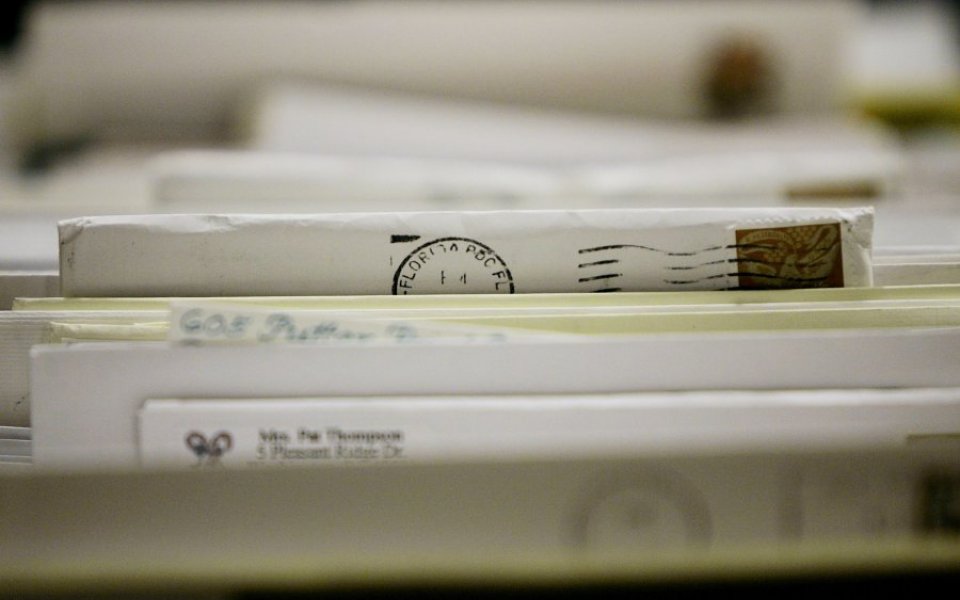EU referendum: The letter signed by business leaders backing David Cameron’s European Union reforms may not go down in history as a great one

A wonderful book called Letters of Note has gathered together some of the most remarkable, significant, amusing and heartbreaking letters ever written.
The project began as a website and amassed legions of fans on social media, whose enthusiasm drove a crowdfunding campaign to see the collection published.
The book features letters from a former slave to his master, from an eight-year-old girl to President Barack Obama, from Clementine Churchill to a Prime Minister straining under the pressures of war and from a widow to a dear departed husband, penned in 16th-century China. It is a masterpiece, and reminds us all of the importance and enduring power of a simple letter.
It is unlikely that the collection will be updated any time soon to include the letter signed this week by business leaders, backing David Cameron’s EU negotiations. This was a letter conceived by a civil servant and finalised by committee.
It daren’t deviate from the language of a Downing Street press release. It contains no poetry, and very little prose. And yet it is, in its own way, a letter of note.
It represents a not insignificant intervention in a debate that is only just getting started. Its impact lies less in what it says than in who has agreed to put their name to it. Between them, the 200 signatories (including 36 FTSE 100 chief execs) employ hundreds of thousands of people and represent a range of sectors and regions.
Orchestrated by No 10 and immediately seized upon by the In campaign, the letter will serve as the foundation for claims that British business backs Britain’s membership of the EU.
Impressive as the letter may be, it’s far from the end of the matter. Indeed, plenty of names are noticeable by their absence.
At the start of the week, No 10 was hopeful of securing many more FTSE bosses than it actually got. Furthermore, those who back Brexit can point to plenty of business support, large and small. A letter on their behalf is no doubt being drafted as we speak.
It’s a fine British tradition that when things get serious, letters are written to newspapers. Just don’t expect the campaigns to restrict themselves to a civilised exchange of letters.